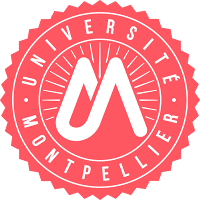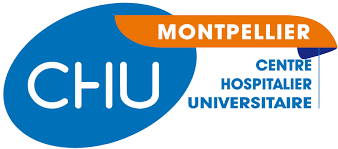Presentation
The EDMOS technology platform (Assessment of medical devices for Odontology and Stomatology) is the result of a regional partnership between IMT Mines Alès, the University of Montpellier (Laboratory of Bioengineering and Nanosciences), and Montpellier University Hospital (CSERD – Dental Care and Research Centre).
Our aim is to provide a platform for testing, measuring and analysing materials, and validating manufacturing methods and clinical processes for manufacturers and researchers involved in the development of dental medical devices.


Main equipement
The platform’s equipment is distributed among the premises of the three partners, in five technical support units:
- Biomechanical tests
- Physicochemical characterisation
- Biocompatibility
- Histology
- Clinical research
Among the main equipement, are:
- High-resolution atomic force microscope
- Confocal Raman microscope
- Scanning electron microscope
- X-ray diffractometer (XRD)
- Intraoral scanner
- Mechanical testing machine
- 5-axis milling machine
Activities and fields of application
- Collaborative research
- Expert assessments, and training in the fields of odontology and stomatology
Scientific expertise & Knowhow
- Analysis of the behaviour of dental materials and structures in hydro/hygro-thermal, UV, biological and mechanical situations
- Assessment of materials and technical devices
- Multiphysics numerical modelling with finite element methods
- Characterisation of the surface state of materials
- Chemical characterisation of materials (confocal Raman microscope)
- Clinical studies
- Assistance with drawing up and submitting validations to authorities
- Optical studies: speckle interferometry
Recent projects
In a natural tooth, the enamel-dentin junction enables it to accomodate stresses and pressures due to mechanical loads. The aim of designing prosthetic tooth reconstructions whose mechanical characteristics imitate those of a natural tooth is to increase their strength and ensure their durability. Design/manufacturing: Chairside CAD-CAM. Micromotion measurement technique: speckle interferometry
The aim is to identify and optimise the geometrical parameters that affect the strength of ceramic tooth caps. In vitro analysis and in silico analysis (numerical modelling by Finite Elements) show that an optimised geometrical design can increase the mechanical capacities of ceramic dental reconstructions by up to 80%
There are more and more IOS (intraoral scanners) available on the market. A rapid assessment of their accuracy and quality is a decisive factor in choosing an IOS. This choice is generally complex and operator-dependant. A simple and original methodology for evaluating IOS noise has been developed and could become a model for the initial assessment of the accuracy of this type of scanner.


